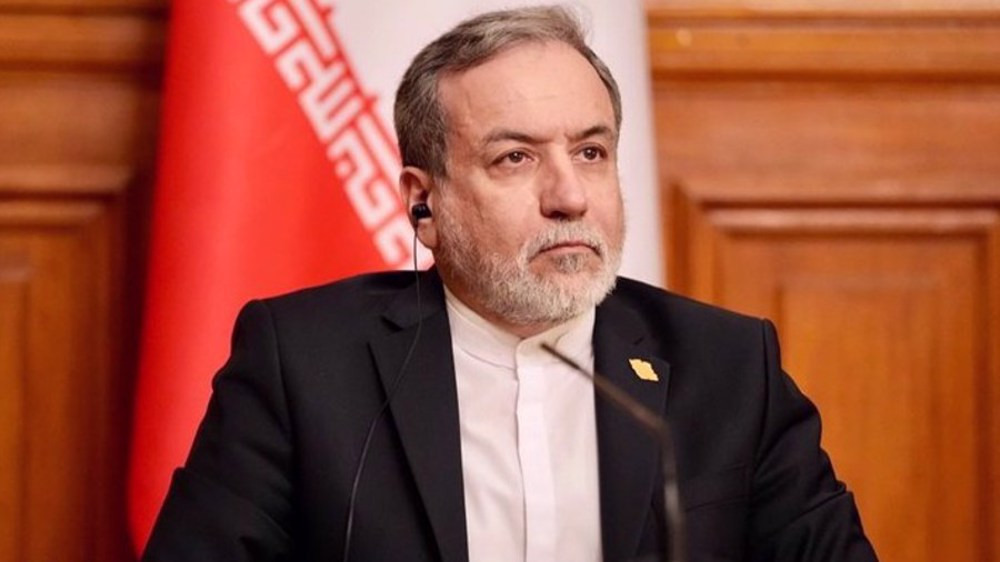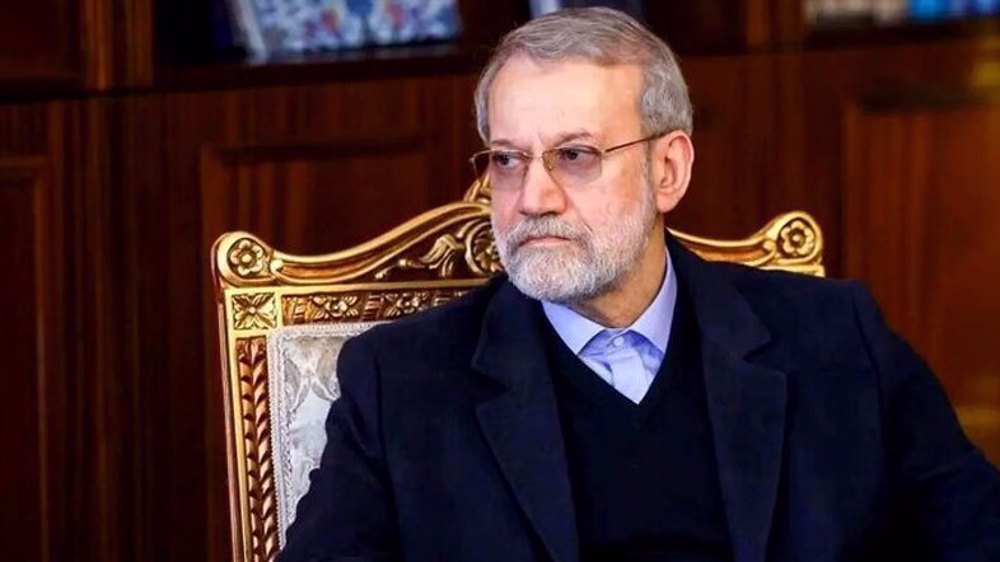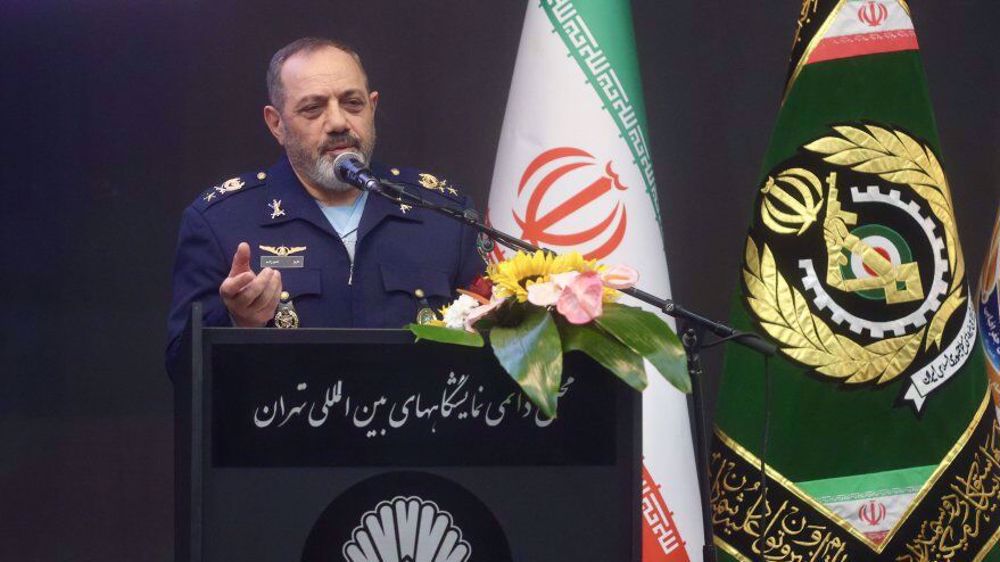Iran joining COVID vaccine producing countries with COVIran Barekat: Senior official tells Press TV
A senior Iranian health official tells Press TV that the Islamic Republic is joining the consortium of countries around the world developing vaccines to fight the deadly coronavirus disease by producing its first domestic COVID-19 vaccine, known as COVIran Barekat.
“It is very important for those countries with high population to provide domestic vaccines inside their countries,” Mostafa Ghanei, Head of the Scientific Committee of Iran’s National Headquarters for Combating the Coronavirus, told Press TV in an exclusive interview on Sunday.
He added that vaccination is “most important tool” for management of coronavirus pandemic, because it decreases the mortality rate significantly in countries that have vaccinated their people.
Since the beginning of COVID-19 outbreak, he said, Iran has made efforts to develop a coronavirus vaccine with the assistance of institutes such as Pasture and Razi as well as private knowledge-based companies.
“We finalized the vaccine platform at the end of 2020 on a laboratory scale and we are back six months in the production of the vaccine because of the sanctions against Iran,” Ghanei added.
He noted that Iran has “different platforms for vaccine production” in addition to inactivated virus model that has also been produced by Barekat Company.
Other platforms, including recombinant protein and viral vector, are also being developed in Iran, which would get the approval of the technical committee in the next month, the official explained.
He emphasized that Iran would be able to start mass vaccination program from November this year using domestically-produced vaccine, noting that the speed of vaccination would “depend on many factors.”
“By domestic production in November, we will go to the mass vaccination and I think by considering the number of vaccination in each day, it will take two or three months for completion of vaccination inside Iran,” Ghanei said.
Iran’s Health Minister Saeed Namaki said on Monday that the country has been authorized to start emergency use of its first domestically-produced COVID-19 vaccine, known as COVIran Barekat and added that the permit for using the Pasteur vaccine — which has been jointly developed by Iran and Cuba — would be issued next week.
“The permit for using the Pasteur vaccine will be issued next week, and in the near future, the Razi and Fakhra vaccines will be added to the list of usable [Iranian COVID] vaccines,” Namaki said.
The Razi vaccine, officially known as Razi COV-Pars, is Iran’s second homegrown vaccine and a product of the Razi Vaccine and Serum Research Institute, which is administered via injection and inhalation.
Fakhra, the third Iranian vaccine, is developed by the Iranian Defense Ministry’s research center, formerly headed by nuclear scientist, Mohsen Fakhrizadeh, who was assassinated in a suspected Israeli-linked terror attack late last year.
Eilat port ‘almost completely paralyzed’ due to Yemen’s pro-Palestinian operations: Reports
Iran FM calls riots ‘Daesh-style crimes,’ extension of US-Israeli war
VIDEO | Iran foils US- and Israeli-backed riots
VIDEO | Mosque targeted in arson attacks by Western-backed rioters in Iran
UN demands investigation of Minneapolis mother’s murder during immigration crackdown
Israel orders demolition of last soccer field in West Bank refugee camp
Iran’s security chief calls Trump ‘top killer of Iranians’ after riot threat
Israeli bill to allow execution of Palestinian prisoners by hanging











 This makes it easy to access the Press TV website
This makes it easy to access the Press TV website